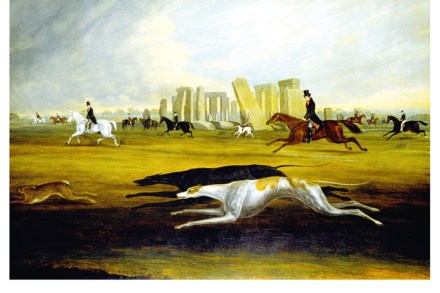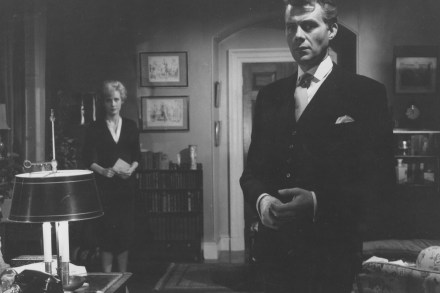From the archives: A world at peace
To mark last year’s Armistice Day, we republished The Spectator’s editorial reponse to the end of the first world war. This year, here is the editorial from the end of the second world war: A world at peace, The Spectator, 17 August 1945 The world is at peace. That assertion is possible at last. The war that most concerned this country and Russia ended in May. The war that most concerned the United States and parts of the British Commonwealth has ended in August. It has laid unequal strains on various Allied Powers. Britain and America have been at war with Japan for nearly four years, Russia for no more








